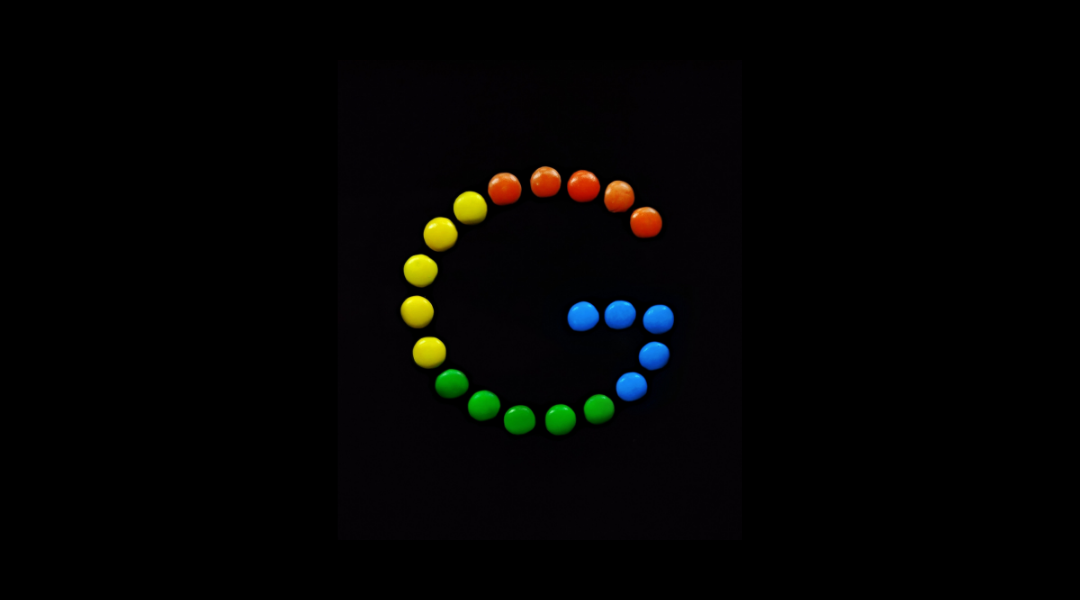Google Adwords — otherwise known as Google Ads — is one of the most effective methods of advertising and can be a critical component of your digital marketing strategy. When used in combination with Google search engine optimization (SEO), Google analytics, and other techniques, you can create an extremely powerful method of steering people to your webpage and ensuring that people are finding your business.
What Is Google Adwords?
Google Adwords is Google’s online advertising arm and a highly effective form of paid search. You can use it to create ads with certain keywords and take advantage of Google’s robust keyword tool. When done right, using search network techniques like Google Adwords can increase how often your business is seen in a search query, how often searchers find critical contact information (like your phone number), how many phone calls you get, and more.
If you are going to take full advantage of this advertising platform, there are many critical steps you need to take. This includes:
- Conducting keyword research
- Setting up a Google Adwords account
- Determining what search terms you want to rank for as you conduct your Google ads campaign
How Does It Work?
Google Adwords allows you to place pay-per-click (PPC) ads at the top of any Google search results page. You can use these ad groups to direct people to a landing page or website of your choice.
When done right, search ads and text ads can have high click-through rates (CTR), meaning that people will click on them and be directed to the webpage of your choice.
Of course, this depends on a variety of metrics, including what searchers are looking for, the quality score of the ad, and if your potential customers are actually interested in what kind of content you are sharing.
Google Ads will wind up costing you a certain cost-per-click (CPC). From a financial perspective, you will “bid” on a keyword, and Google will select the winning “bid” for each time period.
Other factors that impact if your bid is accepted include the quality score of an ad. This quality score will also impact your ad rank and ad position.
You will also need to set a daily budget that will be reduced with every click. Once your daily budget is hit, an ad will disappear for the day. You will also want to consider how to maximize the cost per action, which means making sure that you drive down how much your ads will cost.
Different marketing campaigns can have different strategies, but you will often have the same basic marketing template for each ad.
What Types of Campaigns Can You Run with Google Adwords?
There are five ad types that you can run on Google. They are:
- Search ads: ads that appear on Google searches.
- Display ads: appear as images on websites in the Google display network. These ads can be static or interactive.
- Video ads: video ads that appear before, in mid-roll, or at the end of a YouTube video.
- Shopping ads: appear in product listings.
- App ads: appear in apps.
How to Set Up an Adwords Campaign:
- Establish a Budget: Every Google AdWords Campaign needs a daily budget. This ensures that you don’t spend too much and that you have more resources for other campaigns at a later date. There are other metrics to consider here, including cost per mile (CPM), which stands for cost per 1000 impressions. The bidding strategies you select will ultimately influence your daily budget, and this is something to consider as well.
- Choose Your Keyword: Using Google Keyword Planner and other tools, make sure you select what keywords you want to target. Furthermore, select any negative keywords. Negative keywords are keywords that will exclude search terms from your campaigns.
- Optimize Your Landing Page: The landing page is where your ad will take a customer, or where they will “land” after clicking. You can have different landing pages for different target groups, including remarketing, new customers, and different target audiences.
- Analyze Your Competition: Check out the ads that your competitors are using, and ask if these are keywords you can use and get a higher ranking on.
- Obsess Over Your Copy: Your ad copy — meaning the actual text of your ad — is hugely important to your ad’s success. Consider what ad extensions (additional content) you can add to your advertisements.
- Connect AdWords to Google Analytics: This data can be critical in determining your conversion rate and how successful your ads will be.
- Keep An Eye on Conversion Tracking: The conversion rate — how many people ultimately click through an ad — is critical to the conversion tracking of an advertisement.
- Optimize Campaign: Ad campaigns rarely work right out of the gate. After you’ve figured out who your target audience is and what copy seems to be performing well don’t be afraid to test and track. This is called optimizing your campaign to make it as successful as possible.
Conclusion Does Google Adwords Work?
“What works” will vary depending on what your definition of success is. This depends on the metrics that you select and what goals you are trying to accomplish. Google is the largest search engine available and used by the vast majority of internet searchers. AdWords can be wildly successful and help you get your business in front of more customers. There is no question that it can be effective for your business.

